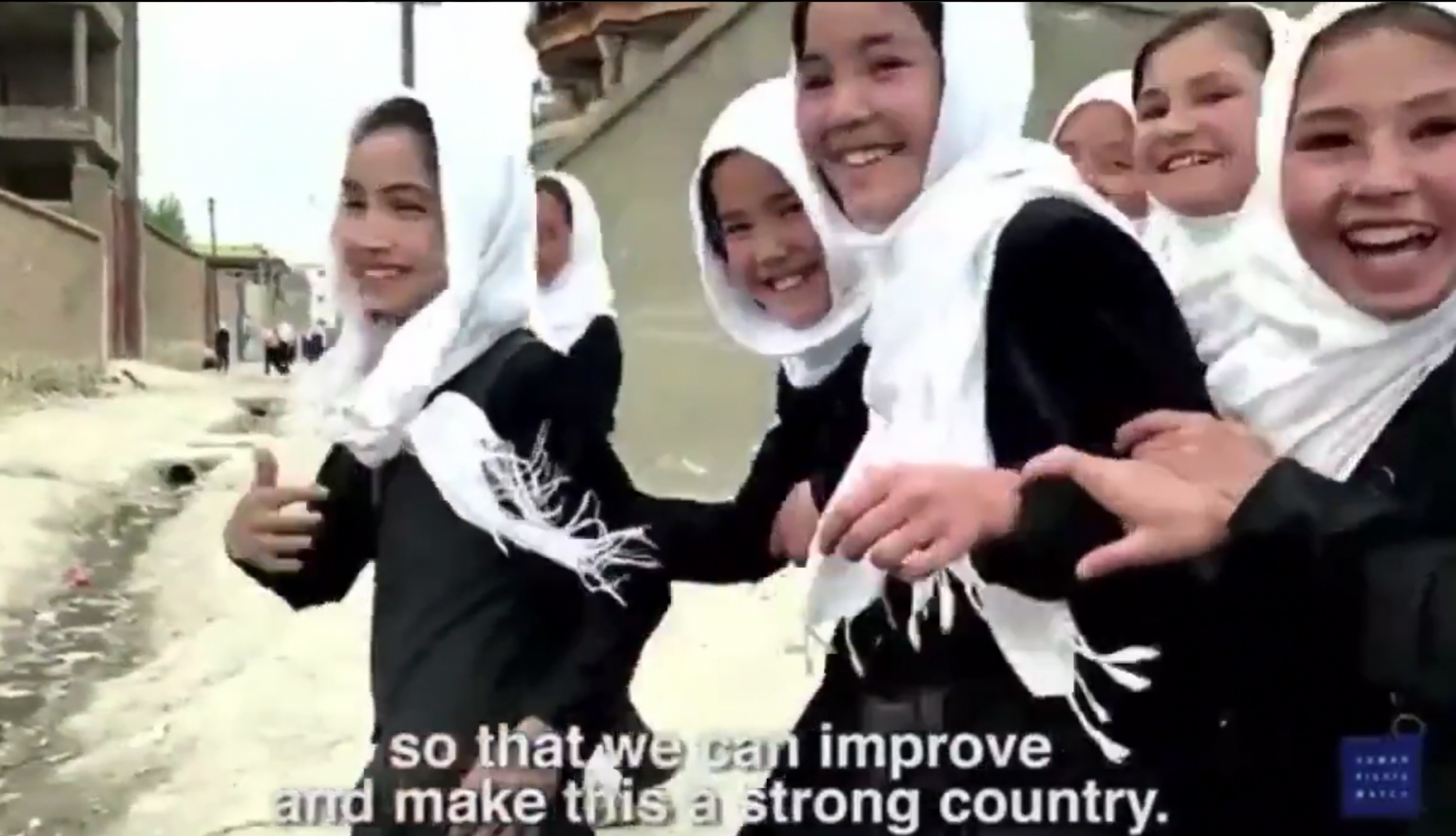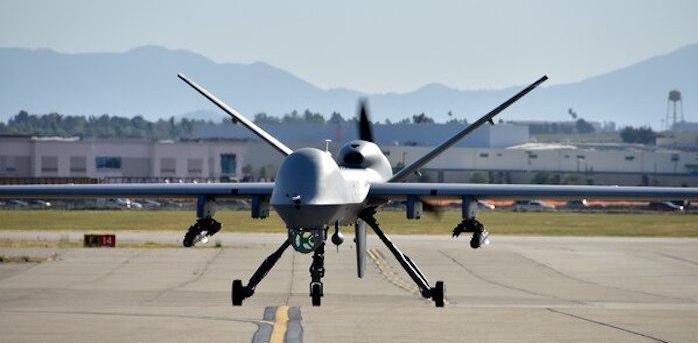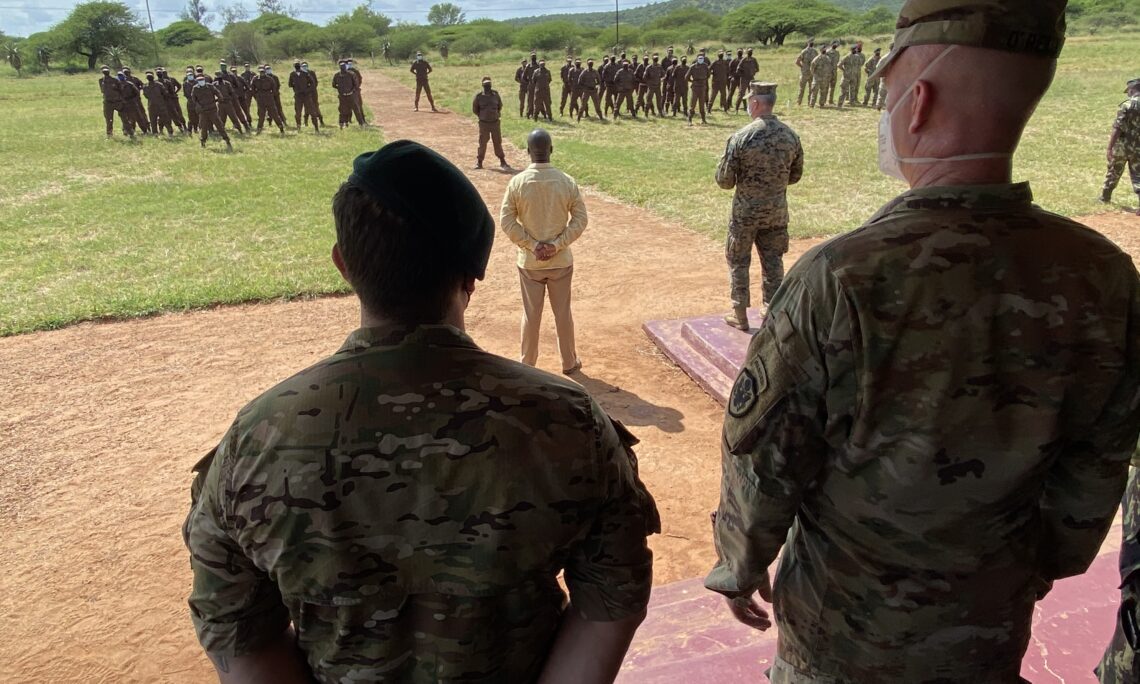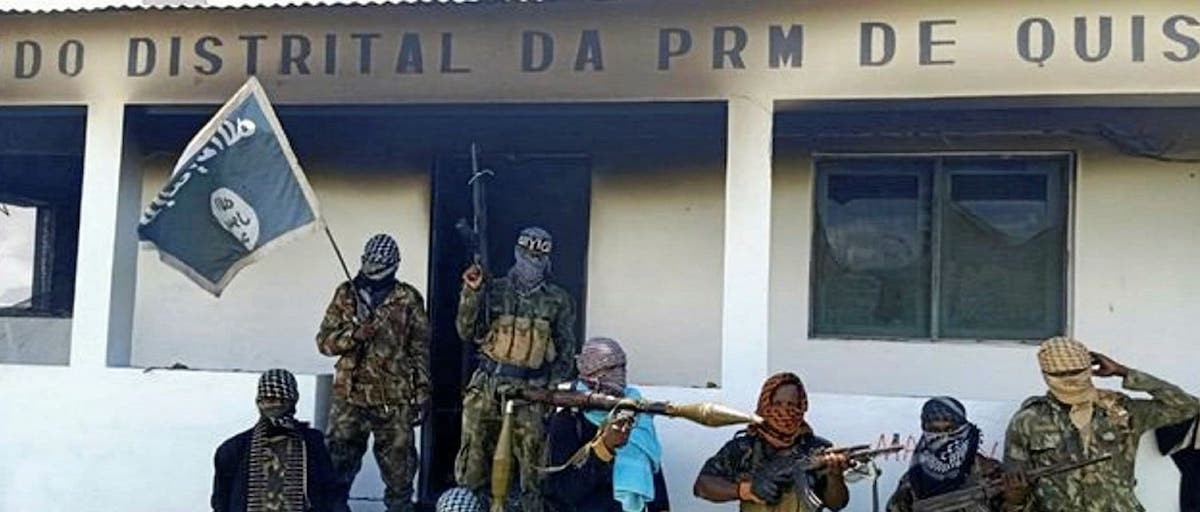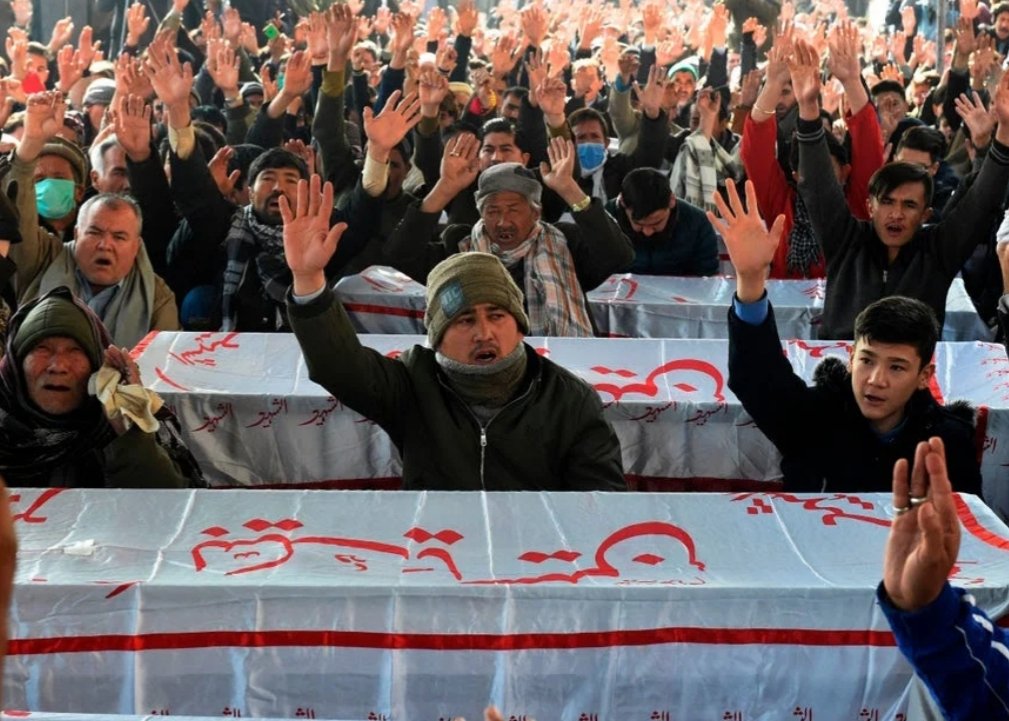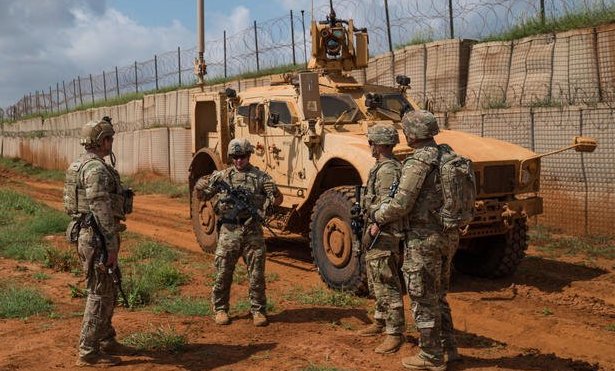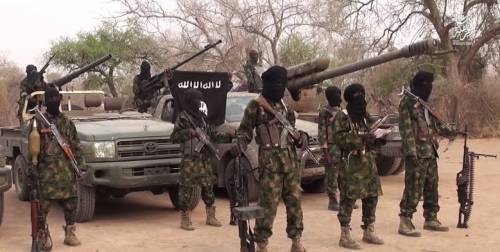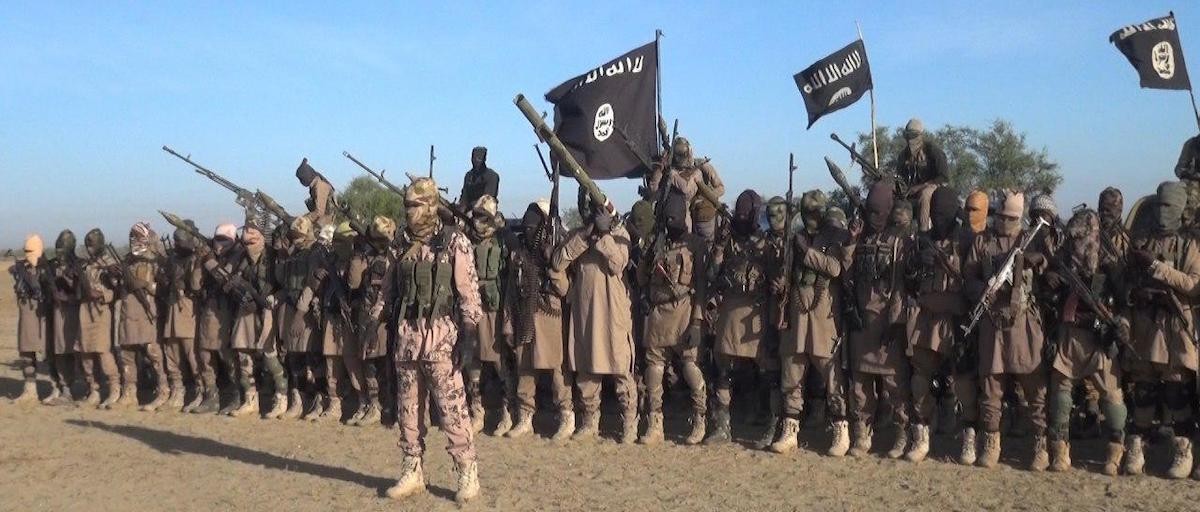
ISIS franchise takes insurgency to Cameroon
The under-reported conflict in Cameroon’s Far North Region is heating up, as an ISIS franchise has usurped leadership of the local Boko Haram insurgency. Five soldiers and a civilian were killed this week in a raid on an army post near the Nigerian border. The heavily-armed insurgents are believed to be from the Islamic State of West Africa Province (ISWAP). The group has “regained strength following internal restructuring,” according to the Cameroonian defense ministry—a reference to the death in May of Boko Haram leader Abubakar Shekau, and the absorption of his forces by ISWAP. (Photo: ISS Africa)



